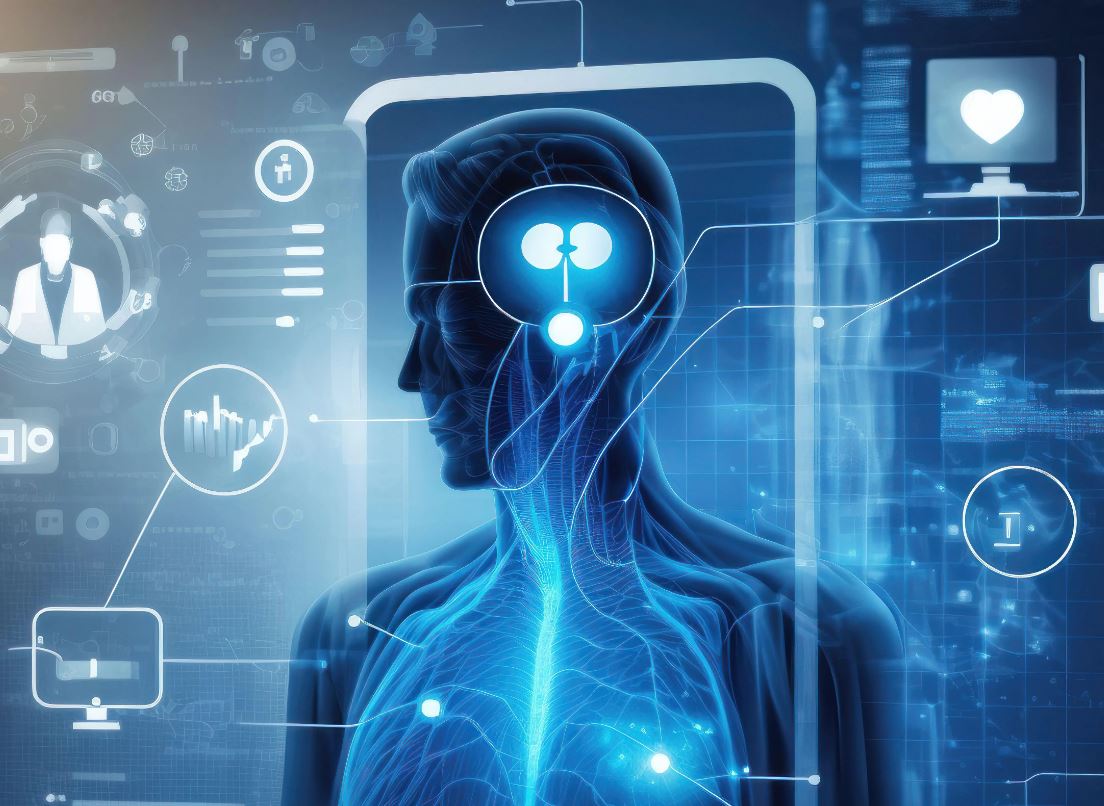We rely on medical professionals for accurate information to make informed decisions about our health. When doctors provide false information, it can be harmful. While doctors usually uphold ethical standards, the rise of powerful chatbots like ChatGPT introduces a new concern. Chatbots, designed to mimic human conversation, may offer medical advice that prioritizes persuasion over truth. This can lead to misleading guidance, posing risks to our health. While chatbots have their uses, trusting them with our health decisions can be risky, as they may generate persuasive but inaccurate information.
The gaps
ChatGPT operates differently from true artificial intelligence. Instead of understanding queries, analyzing evidence, and offering justified responses, it relies on word patterns to predict plausible-sounding answers. While similar to predictive text on phones, it’s far more potent and can deliver convincing but sometimes inaccurate information. This might be harmless when it’s about restaurant recommendations but extremely risky when dealing with health issues like misidentifying a cancerous mole.
In terms of logic and rhetoric, we expect medical advice to be scientifically sound and logical, based on evidence. In contrast, ChatGPT prioritizes persuasiveness, even if it means disseminating misinformation. For instance, it often invents references to non-existent literature when asked for citations. Such behavior would be unacceptable in a trustworthy doctor. The fundamental difference lies in the pursuit of accurate, evidence-based guidance versus the creation of persuasive yet potentially unreliable content.
Dr ChatGPT vs Dr Google
Dr. ChatGPT offers quick, concise responses, seemingly an improvement over sifting through vast information on Dr. Google for self-diagnosis. Dr. Google, while susceptible to misinformation, doesn’t aim to persuade. Seeking reliable health information from search engines like Google, especially from trusted sources like the World Health Organization, is valuable. However, chatbots like ChatGPT can be problematic. They may not only provide potentially misleading information but also collect and request personal data, offering more tailored yet possibly inaccurate advice. The dilemma lies in the trade-off: sharing more data for potentially accurate answers versus safeguarding personal health information. Some specialized medical chatbots may offer benefits outweighing drawbacks.
What to do
If tempted to use ChatGPT for medical guidance, remember these rules. Firstly, the best course is to avoid it altogether. Secondly, if you proceed, verify the accuracy of the chatbot’s response, as its medical advice may be unreliable. Dr. Google can lead you to trustworthy sources. However, why risk misinformation in the first place? Thirdly, share minimal personal data with chatbots. While personalised information can improve advice, it also enhances the risk of persuasive yet inaccurate responses. It’s challenging to withhold data given our digital habits, and chatbots may request more. But more data could lead to more convincing but erroneous medical guidance, a far cry from what a good doctor should provide.









